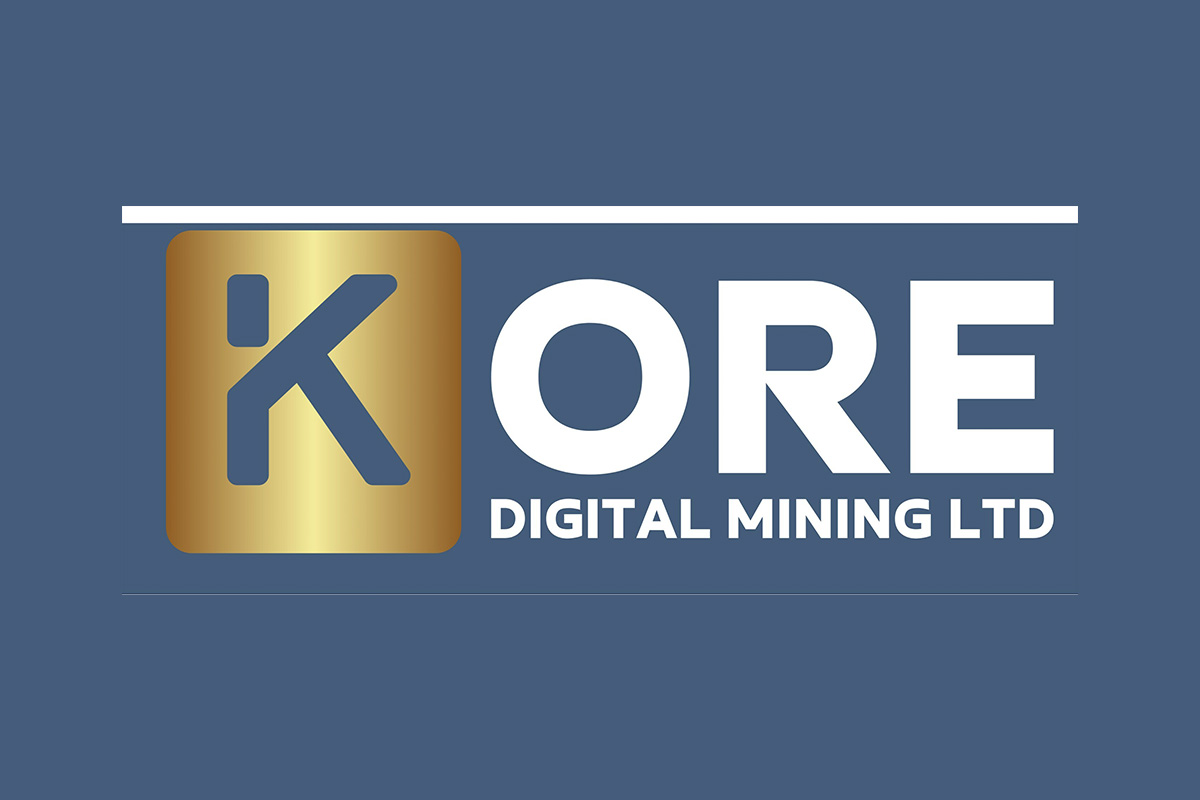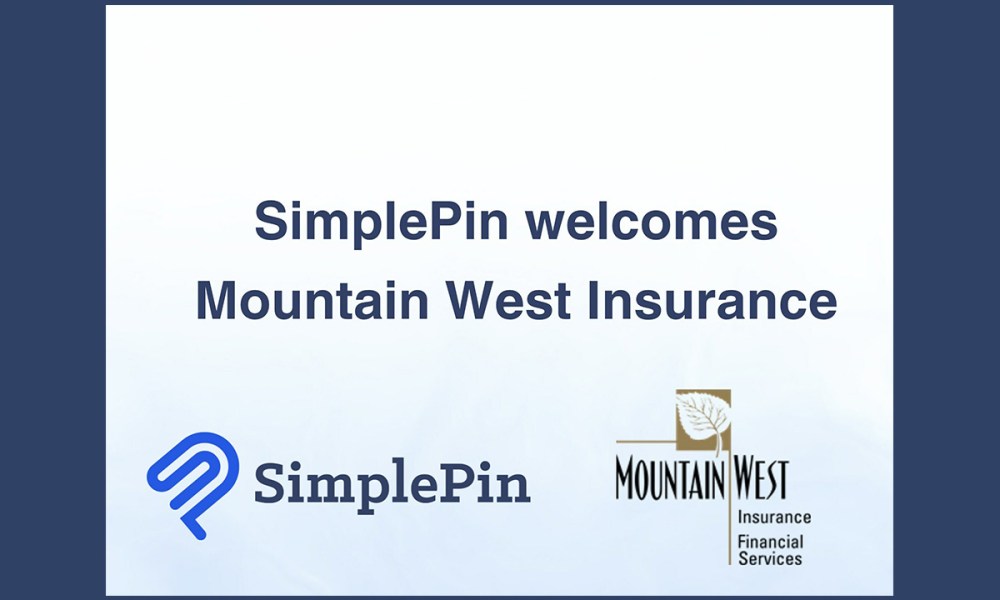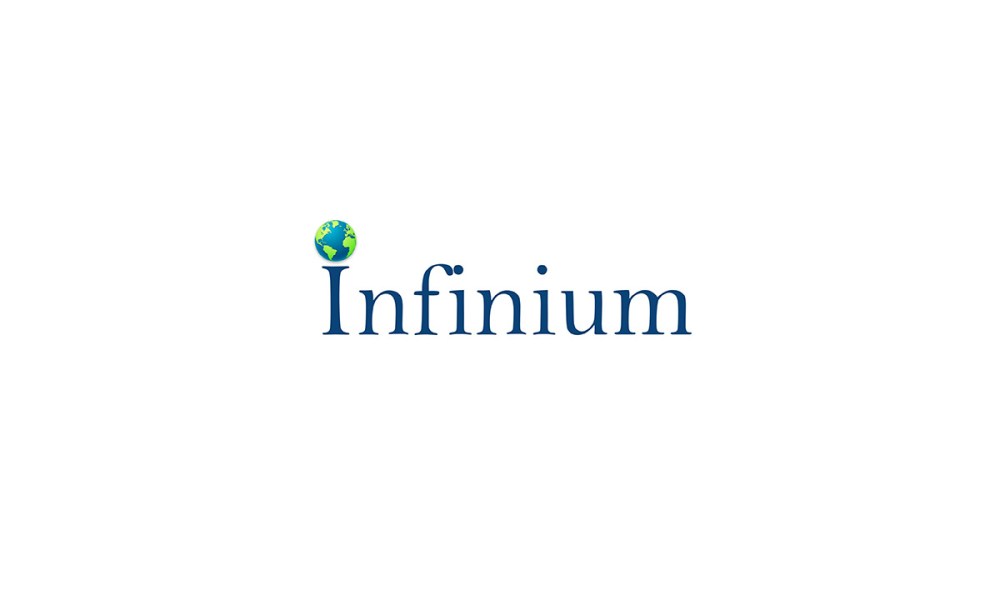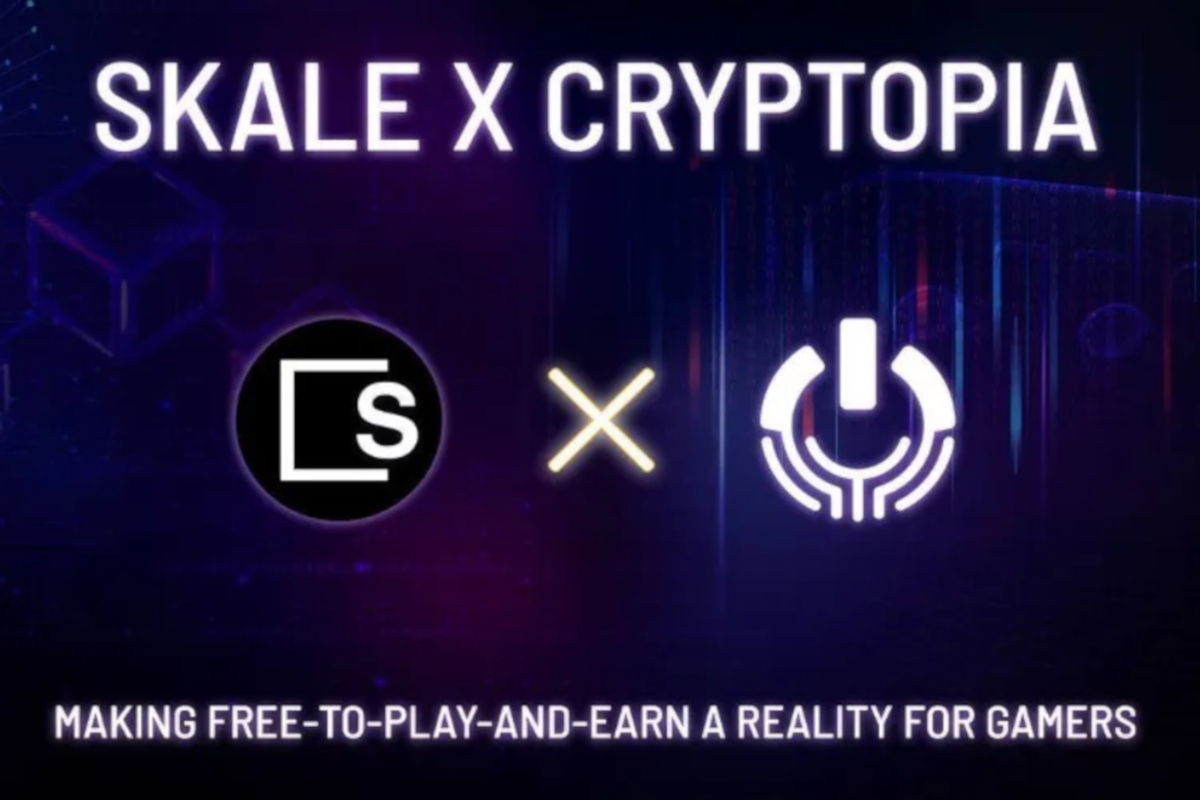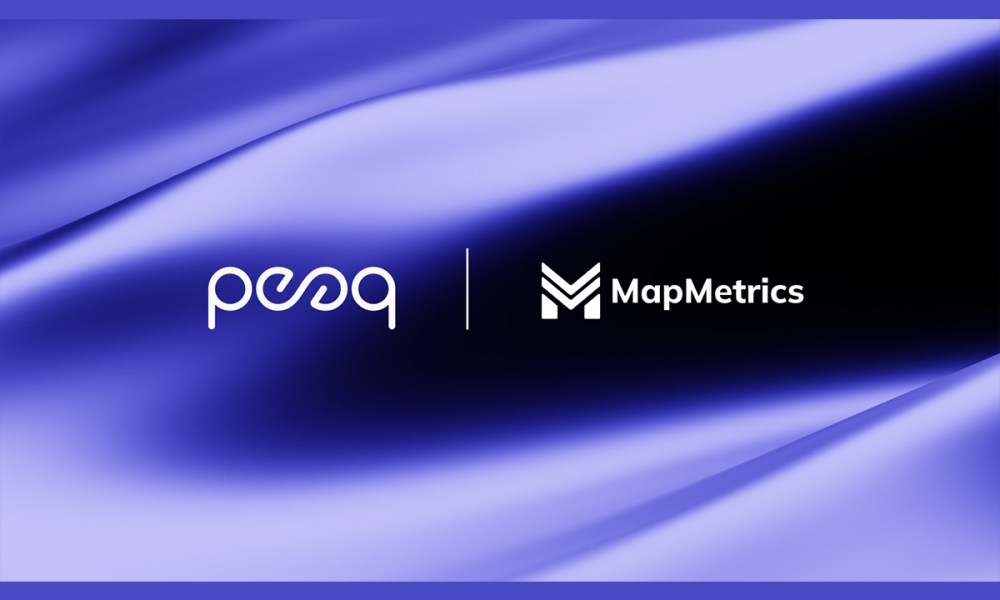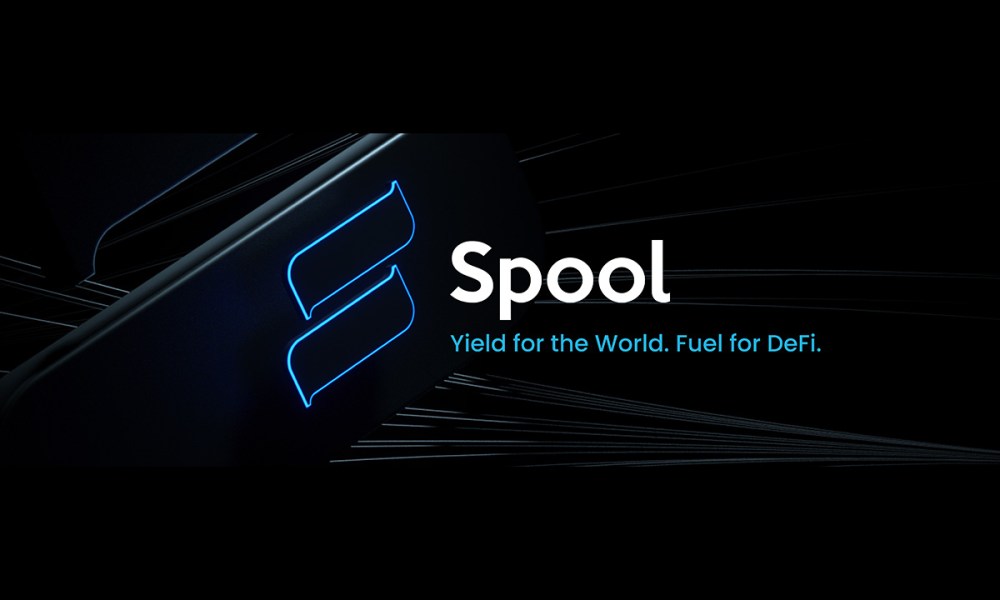
In recent years, Saudi Arabia has demonstrated remarkable progress in modernizing its Information and Communication Technology (ICT) sector. This transformation is driven by strategic initiatives from the Communication and Information Technology Commission (CITC), which has prioritized enhancing market competition through regulatory flexibility, transparency, and collaborative efforts. Notably, the International Telecommunication Union (ITU) recognizes Saudi Arabia as a leader in the Arab State region, achieving a “generation 4” (G4) status in the ITU Global ICT Regulatory Outlook 2020. Within the Middle East and North Africa regions, Saudi Arabia stands as one of the largest markets for Information and Communication Technology. With its strategic geographical location, Saudi Arabia is well-positioned to emerge as a hub for technology services and cloud computing, boasting global connectivity access via the Red Sea, thereby serving markets in Europe, Asia, and Africa. As a G4 country, Saudi Arabia effectively integrates ICT regulation with a separate regulatory authority vested with enforcement powers. This authority operates with a clear mandate, overseeing a fully competitive market while safeguarding consumer interests under the “generation of regulation” model. Projections indicate that the Saudi Arabian ICT market is expected to experience a 5.6% growth in 2023, reaching a total value of $33.43 billion in 2022. This growth is predominantly driven by hardware expenditure, accounting for 58.5%, followed by services (30.4%), and software (11.1%).
More Insights on this report, Speak to Our Analyst: https://www.infiniumglobalresearch.com/contact-us
Key Business Opportunities and Factors Driving ICT Growth in Saudi Arabia:
- Cloud Adoption Surge: Anticipate a robust migration to cloud computing, as organizations increasingly embrace Infrastructure-As-A-Service and Platform-As-A-Service solutions.
- Emphasis on Edge Computing: Expect increased investments and collaborations in edge computing, facilitating the successful deployment of emerging technologies and use cases.
- IT Services in the AI Landscape: IT services providers have the opportunity to design and implement innovative business models while effectively managing data and infrastructure.
- Emerging Technology Integration: Witness a growing demand for industrial and intelligent automation, coupled with seamless integration with future technologies like IoT, AI, and Blockchain.
- Green Data Centers: Anticipate a surge in green data center initiatives, data center consolidation efforts, and policy changes aimed at enhancing data center sustainability.
Driving Forces for ICT Growth:
Saudi Arabia’s ICT expansion is propelled by rising personal incomes and a growing pool of specialists committed to advancing leadership in connectivity and information technology. Additionally, the nation boasts a robust economy, political stability, a youthful demographic, and national policies that prioritize economic diversification. Factors such as increased foreign direct investment (FDI), a burgeoning ecosystem that supports ICT innovation and entrepreneurship, a thriving telecommunications sector, and a growing IT service industry collectively stimulate ICT investments in Saudi Arabia.
Investments:
Saudi Arabia is embarking on a new era of digital innovation, with ICT spending projected to exceed $34.5 billion this year, underpinned by significant foreign direct investment and a substantial $7 trillion development plan for the giga project. In 2023, the Saudi government is making noteworthy investments in key areas, including AI, IoT, cybersecurity, and data analytics.
In the realm of foreign direct investment, Saudi Arabia is incentivizing data center investments of $400 million, which create a minimum of 20 jobs with an average annual wage of $40,000, thereby qualifying for up to 30 years of tax savings.
Furthermore, as part of its commitment to digital transformation and preparation for the future economy, Saudi Arabia has unveiled investments exceeding $9 billion in its technology sector. These investments are spearheaded by a substantial $2.1 billion commitment from Microsoft to establish a super-scalar cloud infrastructure in the country, and Oracle’s $1.5 billion investment to fortify the kingdom’s cloud computing capabilities. Additionally, China’s Huawei is contributing $400 million to enhance Saudi Arabia’s cloud infrastructure.
The information and communication technology sector in Saudi Arabia are valued at SR134 billion, constituting 4.1% of the Kingdom’s gross domestic product (GDP), emphasizing its growing economic significance.
During the forum, the Communications, Space, and Technology Commission (CST) announced that the ICT market in Saudi Arabia surged to a value of 154 billion in 2022, establishing itself as the largest and most rapidly expanding digital economy in the region. Additionally, Dr. Altamini emphasized that CST has introduced high-speed internet services in 21,000 villages across the nation, addressing the needs of over 5 million people and ensuring uninterrupted communication services. This underlines the substantial progress in the Kingdom’s communication and technology infrastructure. Notably, 5G coverage in Riyadh has reached an impressive 53%, while exceeding 94% in other regions. The utilization of fiber optics has extended to 3.7 million users in Saudi Arabia, reflecting a dynamic shift towards advanced and high-speed connectivity solutions.
Opportunities:
The Ministry of Communication and Information Technology (MCIT) has been primarily focused on establishing a robust and advanced architectural framework to facilitate digital transformation across various domains such as e-commerce, smart cities, national data management, digital education, digital healthcare, and e-government. In line with Saudi Arabia’s ICT strategy for 2023, the objectives include generating more than 25,000 employment opportunities within the sector, achieving a 50% expansion in the IT market size and technology development, and increasing the sector’s contribution to GDP by $13.3 billion. The strategy also aims to attract international investments and promote the active participation of women in the field. According to the International Data Corporation (IDC), the Saudi ICT sector experienced an impressive 8% growth between 2019 and 2021, culminating in a total value of $32.1 billion.
In a move to bolster the resilience of the Supreme Audit Institution (SAI) through ICT solutions, the Saudi Fund for Improved SAI Performance (Saudi FISP) is facilitating the expansion and enhancement of ICT infrastructure. The Saudi Arabia General Court of Audit has generously allocated $1 million to be distributed among International Organization of Supreme Audit Institution (INTOSAI) members that require external assistance to advance their ICT infrastructure, thus fortifying the capabilities of these institutions.
Need Assistance? Send an Enquiry@ https://www.infiniumglobalresearch.com/contact-us
Vision 2030:
Saudi Arabia’s Vision 2030 is focused on the bolstering of the ICT sector with the goal of forging a digital society, digital government, digital economy, and a forward-thinking future for the Kingdom. Within this framework, the Ministry of Communication and Information Technology (MCIT) establishes the groundwork for diversification and enhancing competitiveness. It revolves around three primary pillars, each delineating specific objective to be realized by 2030: fostering a dynamic society, fostering a prosperous economy, and shaping an ambitious nation via a well-crafted digital strategy, enabling a connected present and an innovative future.
Challenges:
Saudi Arabia encounters difficulties in both enlarging its domestic ICT workforce and attracting foreign talent. Moreover, sourcing local professionals with hands-on experience in cutting-edge technologies like cloud computing, mobility solutions, and cybersecurity proves to be a challenge. The nation also grapples with significant cybersecurity threats, further complicating its ICT landscape.
Main Players
- IBM Middle East
- Saudi Telecommunication company
- Amazon.ae
- Palo Alto Networks Saudi Arabian Limited Company
- nybl
The post Unlocking Potential: Saudi Arabia’s ICT Market Insights Revealed by Infinium Global Research first appeared on The Blockchain Examiner.

